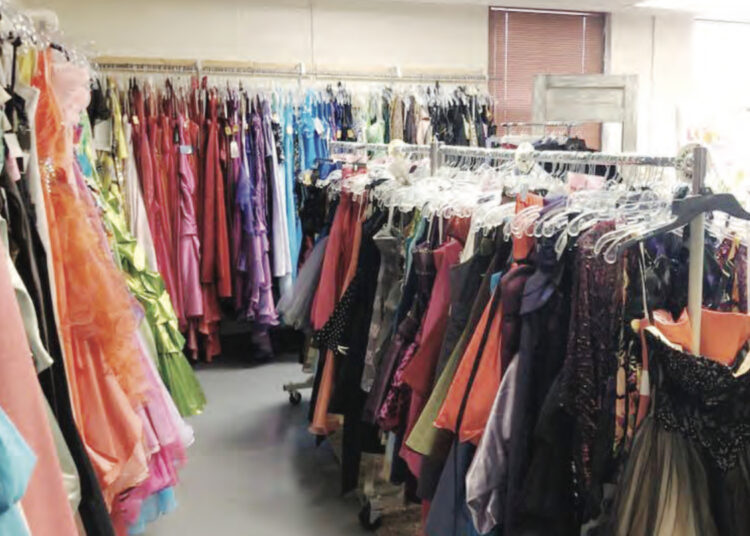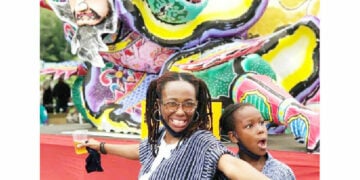In Nigeria, renting attire for special events is a common practice among locals and visitors alike. This trend has become increasingly popular due to the high cost of purchasing traditional clothing, which can be quite expensive, especially for those who do not wear it frequently.
These days, many are opting to rent attire for their special occasions, such as weddings, naming ceremonies, and other cultural celebrations. This has saved many dollars while still adhering to traditional dress codes.
Aside from being cost-effective, renting attire allows individuals to have access to a wider range of styles and designs that they may not be able to afford or find elsewhere. The rental process is typically straightforward: customers select their desired outfit from a range of options available at rental stores or online platforms. They then provide measurements so that the attire can be tailored to fit them perfectly.
One way to generate income is by offering cultural attire for rent. This can be a rewarding and profitable business venture that not only generates income but also contributes to the preservation and celebration of diverse cultures.
The founder, May Culture, Mary Amaka, said “cultural attire is a timeless commodity. This assertion stems from her extensive 15-year experience in the industry. There is a huge market for the services, as both genders and all age groups have availed themselves of our products. Companies’ departments frequently order costumes for their employees to wear on cultural days while churches, schools, and offices also partake in this tradition.
“Additionally, individuals seeking traditional wedding attires or those participating in festivals or photo shoots are among our clientele base. Furthermore, we have extended our reach beyond national borders as we receive requests from international clients desiring our unique services.
“Once you have identified your target market and the types of attire you want to offer, You will need to source high-quality outfits that are authentic and in good condition. This may involve working with local artisans or suppliers who specialise in traditional clothing. For instance, Hausa attire differs from those of the Yorubas, just as Edo’s fashion contrasts with that of Igbo, Benue, or Itsekiri. So you may need to involve the natives of that culture.”
There are different prices for different cultural attires based on the materials and accessories attached to them. For instance, among all the costumes, Calabar attire is more expensive than the rest. Calabar attire is N25,000, and N10,000 for the caution fee, which is refundable. outright purchase of traditional wedding clothes is N60,000, which you get for less when you rent it. The Igbo costume is N20,000 for two days, with a N10,000 caution fee. But for a photo shoot, we charge N15,000 for the complete piece.
Capital
According to Amaka, to start this business, one may need between N500,000 and N1million to start.
She advised anyone who is going into a new business to learn from someone before diving into it. To her, “Also, learning how to sew and make beads will be invaluable. Learn and understand the culture of the business, and also try to know and go for quality materials because there are also inferior ones in the market.”





